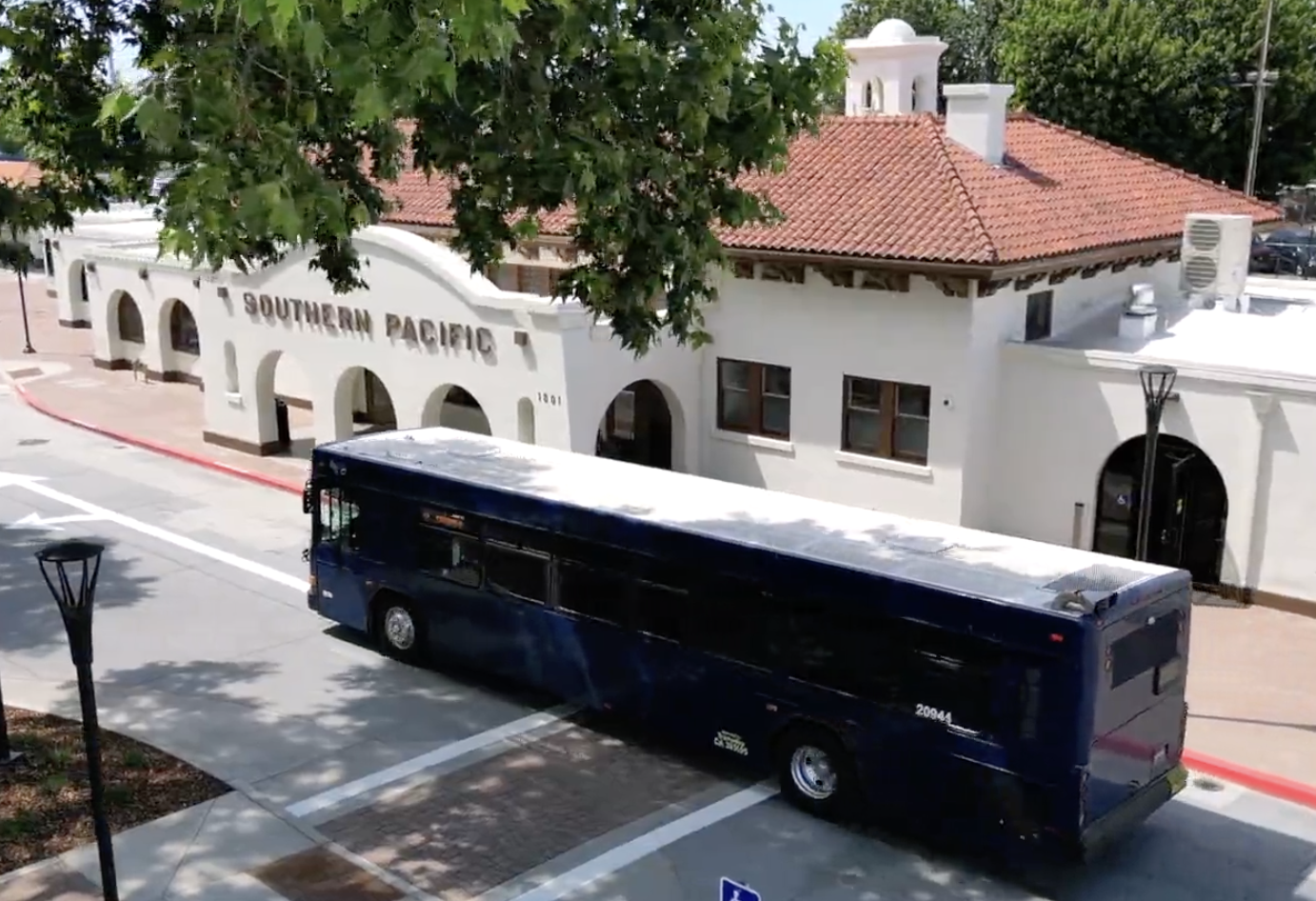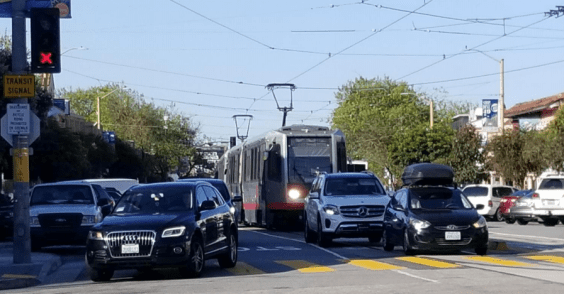Two Democratic Assemblymembers got the ball rolling on settling the future of California's cap-and-trade program by introducing A.B. 151 yesterday. The bill would authorize the California Air Resources Board “to utilize a market-based compliance mechanism” to reduce greenhouse gases after 2020, when the current Global Warming Solutions Act expires.
There has been controversy about whether that first act, passed in 2006, amounted to an unauthorized tax, since it involved the collection of money by the state. The matter has not been settled by the courts, and Governor Jerry Brown has stated it is his intention to pass a post-2020 extension by at least a two-thirds vote so the matter won't come up again.
The bill is co-authored by Assemblymembers Jim Cooper and Autumn Burke, who emphasized the importance of the program for fighting greenhouse gases but also for other reasons.
With cap-and-trade, wrote Burke, “we can demonstrate that government can support industry by guaranteeing certainty while encouraging economic investment that will create jobs for our working families.”
Cooper highlighted the work that has gone into figuring out how to invest cap-and-trade revenues “to help disadvantaged communities participate in efforts to improve air quality. A.B. 151 will help ensure California continues to invest cap-and-trade revenues in areas of the state with the greatest need,” he wrote.
It will be enlightening to watch the process unfold. At the moment, the oil industry is in support of cap-and-trade, as evidenced by this press release from the Western States Petroleum Association—although they would prefer it if cap-and-trade were the only way the state regulated greenhouse gas emissions (it isn't).
On the other side of the aisle right now, environmental justice groups are opposing cap-and-trade because there is evidence that polluting industries located in low-income areas are buying offsets and possibly increasing local emissions. At a recent Air Resources Board hearing about planning for the extension of cap-and-trade, its Environmental Justice Advisory Committee flatly stated that they are opposed to the program and prefer strict regulations on emissions.
Meanwhile Governor Brown's state budget proposes some money for transit and active transportation from cap-and-trade revenue, and includes the following caveat: “Funding for these programs will be allocated only upon legislative confirmation of the Air Board’s authority, through a two-thirds vote, to administer Cap-and-Trade auctions beyond 2020.”
At the moment, it looks like the stakes for everyone keep changing. The discussions should be interesting.




